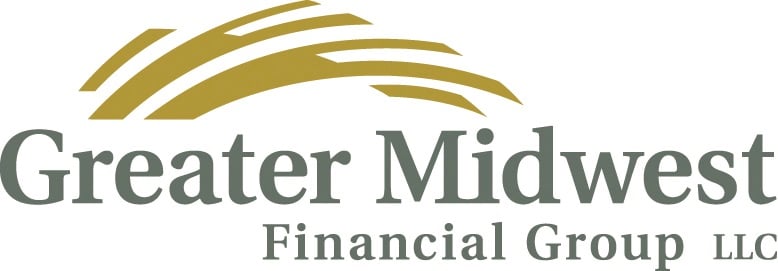
Worrying about your retirement portfolio during a bear market is stressful. Adapting to market changes thoughtfully is key to maintaining the wealth you have accrued and minimizing risks when inflation and market forces reduce earned asset values. Bear markets aren’t uncommon and there are some key retirement strategies to consider as you plan for your future.
What is a Bear Market?
A bear market is typically defined by prolonged periods of decline in major market behaviors resulting in a decrease in investment values. When the market shown investment value declines, this can impact savings and your financial security.
⇾ Read Now: Retirement and Tax Planning Strategies
Tips to Retire in a Bear Market
Test your retirement budget. Your lifestyle may change post-retirement. Extra vacations or home renovations can really tax retirement balances. Testing your fixed income can give you a practical idea of how far your money will go. Then talk to your financial advisor if a change to your retirement budget is needed.
Remain calm and stick to the plan. It is common to be tempted to match market downturns with abrupt investment changes. Contact your financial advisor before making any rash portfolio shifts and if you don’t have a wealth manager, it is highly recommended to seek retirement planning advise.
Build a cash reserve. Diversifying your portfolio is crucial to weathering market changes and unexpected post-retirement expenses. Incorporating a cash reserve in your plan safeguards your investments from market fluctuations. If you have not already developed a savings plan, talk to a financial planner about late-stage retirement planning.
Maximize your tax strategy. Selling from a taxable brokerage account may be wise if you’re able to take a capital loss, lowering your taxable income from other sources. Be mindful of which account you are selling from so as not to incur an additional tax burden. Optimizing your tax strategy is a good idea while you are earning income, and even more so once you are on a fixed income in retirement.
⇾ Read Now: How to Save for Retirement at Any Age
When you near retirement age in any market condition, it’s time to minimize investment risks and settle into a stable plan. Avoid major investment changes that could potentially net you less long-term earnings while accruing a greater tax burden. It may feel risky not to enact some change, but long-term investment strategies are built to handle market fluctuations.
Work with a financial advisor to take the guesswork out of your retirement planning.
⇾ Read Now: What are Some of the Benefits of Working with a Financial Advisor?
Practical Retirement Advice with Greater Midwest Financial Group
Whether you’re an employee or a small business owner, saving for retirement is essential. But in your day-to-day life, it can be challenging to plan for two years down the road—much less 20 or 30.
That’s where Greater Midwest Financial Group fits in. We’ll work with you to develop a sound retirement plan that attempts to maximize your retirement goals. It doesn’t matter if you’d love to play golf all day, read books on the beach or give back to others. We’ll help you do what you enjoy.
Work with our experienced financial advisors and get the chance to:
- Explore the amount of risk you should take for returns you can potentially expect
- Ease the transition during pre- and post-retirement years
- Plan for a lifetime of income stream
- Arrange for liquid cash to travel or make major purchases
- Prevent inflation from destroying your purchasing power in the second 10 years
You can depend on GMFG to periodically monitor your retirement plan and make necessary adjustments so you can keep enjoying retirement.
Greater Midwest Financial Group is a financial advisor firm serving St. Paul, Minneapolis and the wider Twin Cities area. We specialize in wealth management, retirement planning, asset management and other personal finance needs.



